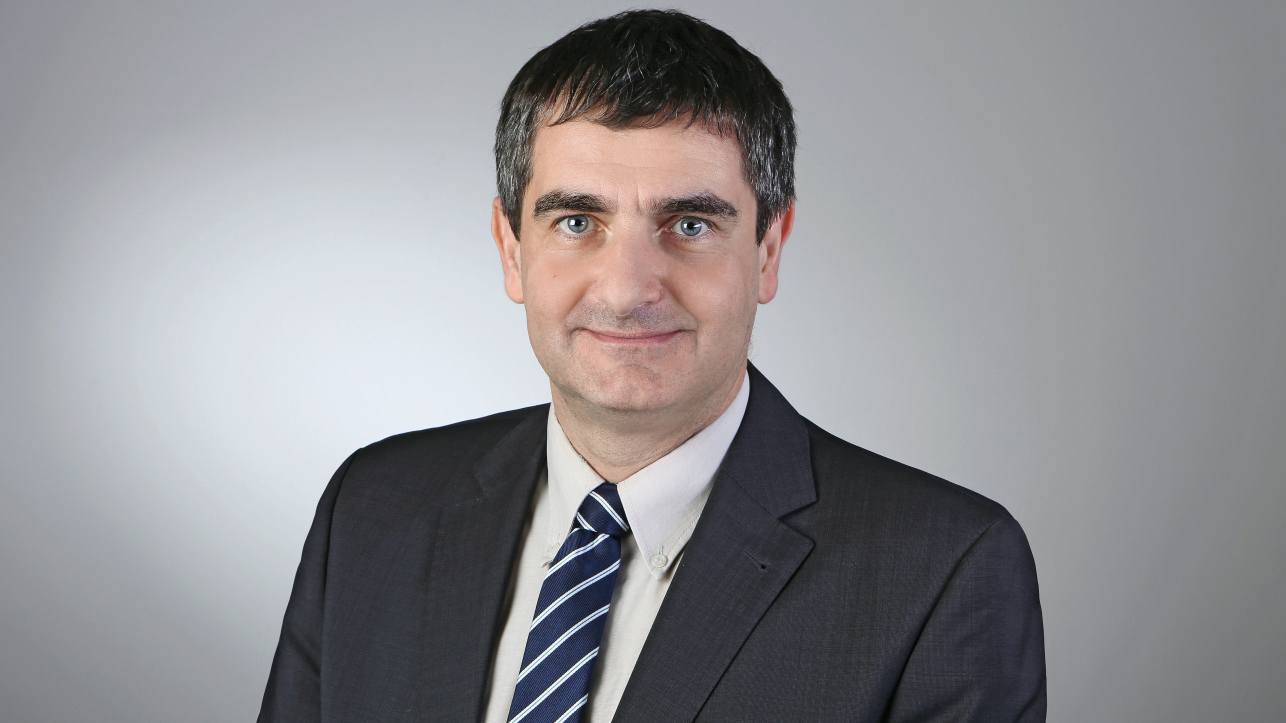Professor Andreas Bund, Chair of Electrochemistry and Electroplating at TU Ilmenau, on cooperation between Korean and German electroplating scientists, interview: Robert Piterek
Prof. Bund. What do you want to achieve with the cooperation?
In addition to our university, Aalen University, the Precious Metals Research Institute and the KIMS (Korean Institute of Material Science) are also involved. There is a strong electroplating industry in both South Korea and Germany. There is a great demand for electrochemical surface technology, e.g. functional chrome plating or high-quality corrosion protection. It makes sense to join forces and create synergies. I see potential in decorative chromium (III) deposition in particular. Korean car manufacturers are very advanced in this area and do almost all decorative chrome plating in chrome (III).
What else would you like to work together on?
For example, on the subject of contact layers made of silver and gold. We want to research bath chemistries that work without toxic cyanides. It is still state of the art that deposition takes place in cyanide-based baths. However, people who work in these baths can come into contact with these chemicals. Cyanide-free baths would eliminate this risk, but cyanide is hard to beat in terms of performance.
We are also talking about non-aqueous electrolytes for elements that cannot be deposited in liquid baths, such as aluminum, tantalum and niobium...
These are surfaces that are very popular for electrodeposition, either because they offer very high corrosion protection, like aluminum and aluminum alloys, or because tantalum and niobium are really super-stable - and defy almost all chemical attacks. Unfortunately, these elements cannot be deposited in aqueous baths for thermodynamic reasons. However, there are so-called ionic liquids for which this works on a laboratory scale. It would be a major breakthrough if this could be made suitable for industrial scale.
Another topic will be deposition processes for advanced energy storage and composite electrodes for lithium-ion batteries. Are you focusing on electromobility?
The expert in this field is my colleague Timo Sörgel from Aalen. The German electroplating industry is currently strongly oriented towards the automotive industry. If the combustion engine slowly disappears, electroplating plants should be able to manufacture other products. Electrodes for batteries could be produced by electroplating companies using composite electroforming, even in large quantities. Prof. Sörgel, who has set up a small pilot plant, has more information on this.
What are the next steps in the cooperation?
We will meet for the first time in June in Incheon at the annual conference of KISE, the Korean Institute of Surface Engineering. This is the Korean Surface Days, so to speak. We will network there and then invite the Koreans to the Surface Days in Leipzig. We get to know the Korean industry and the Koreans get to know ours. At workshops, we ideally identify subject areas where we have complementary expertise and then launch projects with public funding.
ABOUT THE PERSON
Prof. Andreas Bund Andreas Bund has headed the Department of Electrochemistry and Electroplating at Ilmenau University of Technology for 12 years. The course has 5-8 graduates per year. The subject is also taught as part of materials science and regenerative energy technology.


